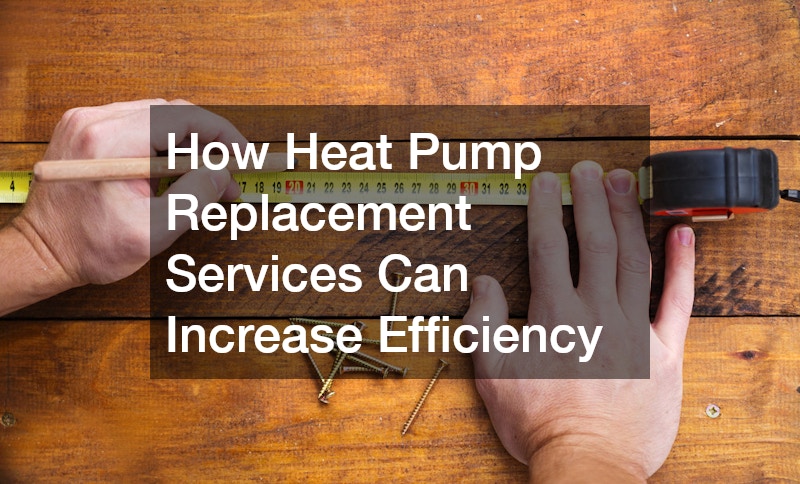
In recent years, heat pumps have gained significant recognition for their role in enhancing energy efficiency within residential and commercial properties. Unlike traditional heating systems, heat pumps transfer heat from one place to another, working like an air conditioner in reverse during winter months. By leveraging the technical marvels of thermodynamics, heat pumps can often deliver more energy than they consume, making them a staple choice for environmentally conscious homeowners.
What makes heat pumps alluring is their capacity to provide both heating and cooling from a single system. By extracting heat from the outside air or ground and moving it indoors, heat pumps can maintain comfortable indoor temperatures year-round.
This dual functionality not only reduces the need for separate heating and cooling units but also minimizes energy consumption, leading to lower utility bills.
Furthermore, with advancement in technology, heat pump systems have become proficient in operating efficiently even in colder climates. As the demand for sustainable and energy-efficient solutions rises, heat pumps are pivotal in reshaping how homes and businesses manage their energy needs. Consequently, maintaining these systems in optimal condition through regular service or replacement is paramount.
The Need for Heat Pump Replacement
Even with routine maintenance, heat pumps have a finite lifespan, typically ranging between 10 to 15 years. As components wear out over time, the system’s efficiency can deteriorate, leading to higher energy consumption and inadequate climate control. Recognizing the signs of a failing heat pump is crucial to ensure it doesn’t obstruct energy savings.
In instances where repair costs begin to mount, it might be more economical to opt for a heat pump replacement. Investing in a new, modern heat pump can drastically elevate energy efficiency by harnessing newer technology designed to optimize performance. Additionally, with tax incentives and rebates offered by governments for energy-efficient upgrades, the initial financial burden of a heat pump replacement can be offset.
Moreover, an aging heat pump may not only work harder and consume more energy but also struggle to achieve desired temperatures, adversely impacting comfort. Newer models boast smart technology innovations that allow for seamless integration into home automation systems, ensuring precise temperature control and improved energy management. Thus, a timely heat pump replacement can offer substantial long-term benefits.
Benefits of Replacing an Outdated Heat Pump
Replacing an outdated heat pump presents numerous advantages, foremost among them being increased energy efficiency and reduced utility costs. Modern heat pumps are designed with advanced features such as variable-speed compressors that fine-tune energy use based on your home’s needs. By minimizing energy waste, these systems significantly lower the carbon footprint of a household.
Another notable benefit is enhanced comfort and indoor air quality. As technology progresses, new heat pumps incorporate improved filtration systems that actively remove allergens, pollutants, and moisture from the air. Consequently, users experience a healthier indoor environment along with better thermal comfort.
Furthermore, today’s heat pumps include smart thermostats and remote control capabilities, allowing homeowners to manage heating and cooling settings on the go. This flexibility not only promotes personalized comfort but also contributes to more efficient energy consumption patterns. Hence, investing in a heat pump replacement shows dividends in both comfort and cost-efficiency.
Choosing the Right Heat Pump Replacement Service
Navigating the market for a heat pump replacement service can be overwhelming due to the many variables to consider. The expertise and track record of a service provider can significantly influence the success of the installation and future system performance. Therefore, it is imperative to choose a reputable service that matches individual home or business requirements.
A qualified service provider will conduct an extensive evaluation of your property to determine the suitable heat pump system for optimal energy efficiency. This evaluation includes assessing the size of the area to be conditioned, existing insulation, and ductwork conditions. Proper selection and installation are crucial, as an incorrectly sized system can lead to poor performance and higher operational costs.
Furthermore, look for a service that provides ongoing support and maintenance post-installation. Routine servicing ensures your new heat pump operates efficiently for its entire lifespan, safeguarding your investment. Reputable companies often offer maintenance plans that can cover regular inspections and emergency repairs to keep your system running optimally for years to come.
.




